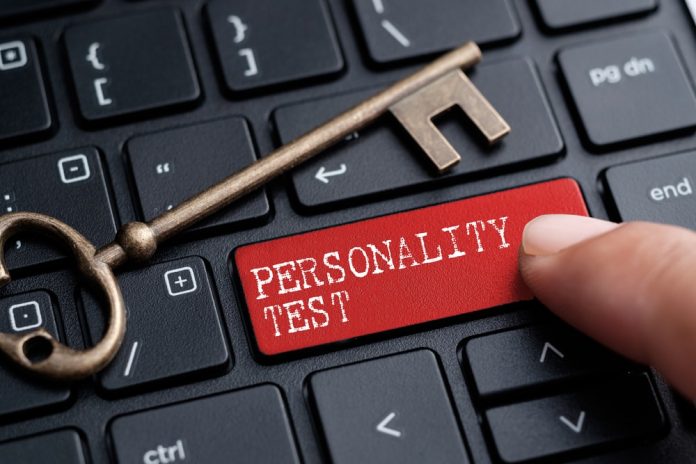Many businesses across several industries utilize teamwork models.
By Megan McQuade
Not only do teams stimulate cross-functional collaboration and innovative ideas, but they also increase morale among your workforce. With that being said, simply having teams is not enough. You need to have stellar teams.
The key to building effective teams is to account for unexpected variables. Before grouping employees together, it is important to account for every member’s personality and communication style through introspective surveys or by administering a personality test. It may seem like an unlikely tool to use in the workplace, but it has so many benefits.
Insight into One’s Workplace Personality
Obviously, personality tests provide insightful reports on various aspects of one’s behaviors and thought processes. In order to get the most out of these results, managers should focus on elements of an individual that affect one’s workplace behavior. Pay special attention to qualities that make individuals good team members or leaders. If too many leaders are paired together, for example, the group may suffer from power struggles. Similarly, if no one in a group is willing to stand up and take charge, the group may not be productive. Balancing power throughout a group is perhaps the most difficult aspect of teamwork. But when done correctly, the possibilities are endless!
In addition to power, it is important to pay attention to indications of one’s temperament. As can be expected, everyone responds differently to stimuli like stress and anxiety. Because of this, ensure there are members of the group who are level headed and perform well under pressure. They are oftentimes the glue that holds a group together, while those who experience stress can be the gas that keep the car running. Both are important to the success of a group in different ways, so make an effort to balance their presence in a team.
Insight into One’s Communication Style
Communication styles do more than indicate the way in which an individual communicates. They also affect the way someone interprets another’s style of communication, which can be passive, aggressive, assertive, or a mix. For example, if an individual is naturally assertive, other people who are more passive communicators may consider them to be arrogant or dominating. Likewise, assertive communicators can become frustrated if they feel that no one is voicing their opinion and helping brainstorm.
As you can see, there is no specific communication style that makes someone a good team member. There are times when teams need an assertive voice to vocalize ideas, and there are other times when you need people to run the show behind the curtain. Like the other elements we have previously discussed, effective communication is all about balance.
Insight into One’s Strengths & Weaknesses
Before tackling an issue or assignment, it is important to know what each team member’s strengths and weaknesses are. In an ideal situation, there would be an expert in each field to cover every base. This way when a teammate runs into a problem, they simply need to turn to their partner to find the answer. If you are able to construct a team with diversified talents, their probability of success is instantly higher.
Of course, these skills don’t have to be academic in nature. Characteristics that may make someone important to a group can include: presentation skills, networking capabilities, positivity, and more. The weight of skills like this may differ from industry to industry, but they are always important to account for.
All in all, personality tests can provide insight to one’s workplace personality, communication style, strengths, and weaknesses. Having access to information like this can make all the difference when it comes to organizing an effective team. By accounting for all these variables by administering a personality test, your company can increase its innovative edge and keep employees happy.
Megan McQuade, SHRM-SCP, is Community Relations Director at executive search firm, TruPath. TruPath helps established organizations find culturally aligned talent for a variety of roles across multiple industries.
Personality tests stock photo by kenary820/Shutterstock







